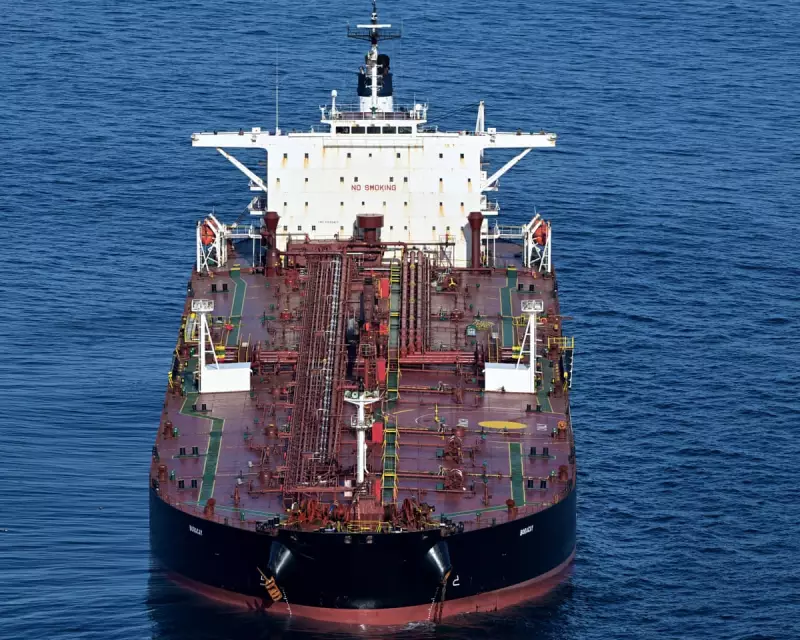
In a dramatic escalation of maritime hostilities, a French-operated oil tanker has been struck by a suspected Russian drone while navigating through Danish territorial waters. The incident has sent shockwaves through European security circles and raised urgent questions about the safety of vital shipping lanes.
Attack in Key Shipping Lane
The vessel, identified as the Rigel, was approximately 30 kilometres off the Danish island of Bornholm when the unmanned aerial vehicle made impact. Danish authorities confirmed the attack occurred within their jurisdiction, prompting immediate security responses from multiple NATO members.
This represents one of the most significant attacks on commercial shipping in European waters since the conflict in Ukraine began, marking a dangerous new chapter in the region's security landscape.
France Points Finger at Moscow
French officials have not minced words in their assessment, directly implicating Russian forces in what they describe as a "deliberate and unprovoked attack on civilian maritime traffic." The French foreign ministry has summoned the Russian ambassador for urgent explanations, while Denmark has launched a comprehensive investigation into the incident.
Implications for European Energy Security
The targeting of an oil tanker carries particularly grave implications for European energy security. Maritime experts warn that such attacks could:
- Disrupt crucial energy supplies to European markets
- Drive up insurance costs for shipping in the Baltic region
- Force rerouting of vessels away from traditional shipping lanes
- Create dangerous precedents for future maritime conflicts
The Baltic Sea remains a critical artery for European energy imports, making security in these waters a matter of continental importance.
International Response Gathers Pace
NATO officials are monitoring the situation closely, with several member states calling for enhanced naval patrols in the Baltic region. The incident has sparked urgent discussions about improving anti-drone defences for commercial vessels and strengthening collective security measures.
As investigations continue, European leaders face mounting pressure to respond decisively to what many are calling a dangerous new normal in maritime warfare.





